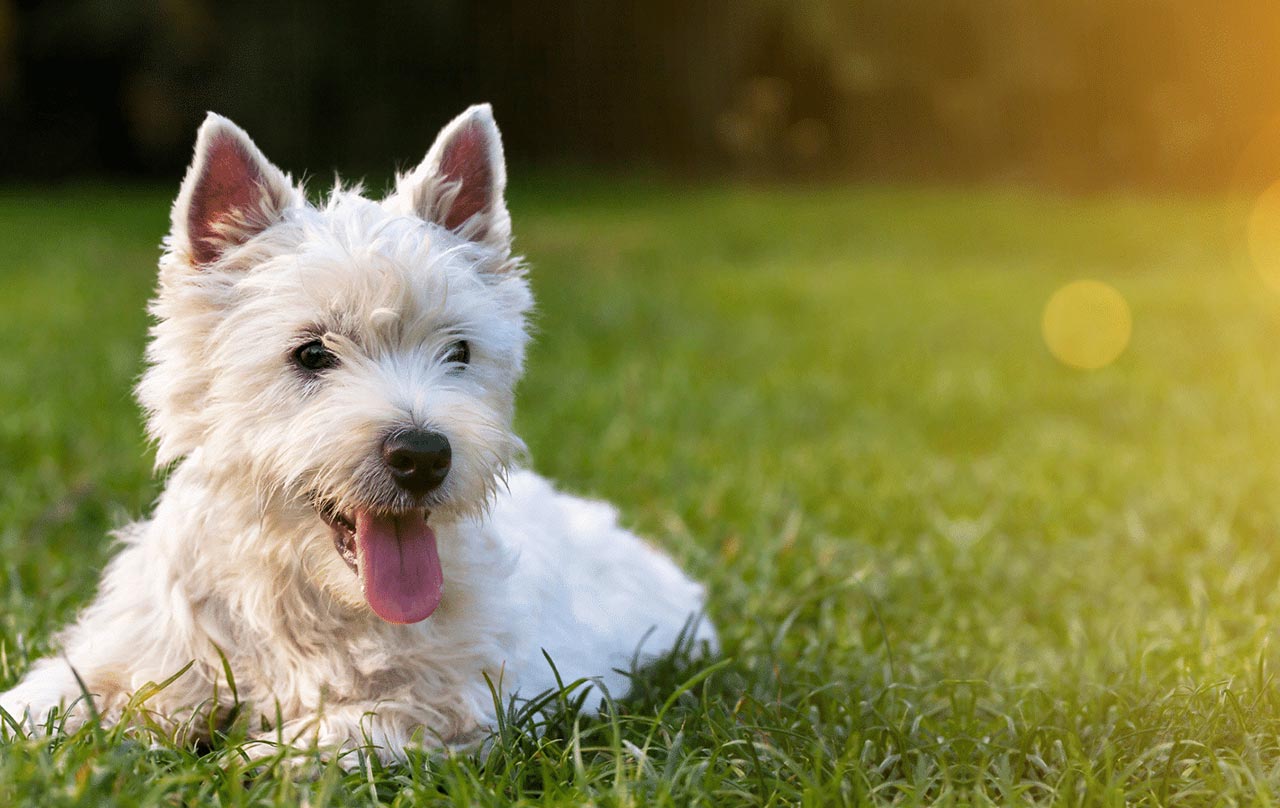No. Onions are not safe for dogs. In fact, they're one of the most dangerous human foods out there for our canine companions.
Onions can cause more damage to your dog than just bad breath. This pungent culinary favorite might add flavor to your dishes, but it contains a toxin that can cause serious complications for dogs.
Let's take a closer look at onion toxicity in dogs so that you know what to have your pet avoid, what onion poisoning might look like in your pooch, and what to do if your dog accidentally ingests the dangerous vegetable.
Why are Onions toxic to dogs?
Onions contain a toxic compound known as N-propyl disulphide. This chemical is a sulphur compound, and it's at the root of why onions are so dangerous for dogs. Relatively harmless to humans, this compound can lead to the breakdown of red blood cells in dogs. This breakdown can cause haemolytic anaemia, also called Heinz body anaemia.
Hemolytic anemia tricks your dog’s immune system into thinking red blood cells are invaders. The immune system attacks these “invaders” and destroys red blood cells. This affects your dog’s red blood cells’ ability to transport oxygen. Severe hemolytic anemia can be life-threatening, so you need to try to keep your dog away from onions!
All parts of the onion are toxic, including the flesh, leaves, juice, and processed powders. Raw or cooked, fried or powdered, onions and the rest of the allium family except for garlic. The allium family of veggies includes:
- Garlic
- Onions
- Leeks
- Chives
- Scallions
- Shallots
Not only should you try to avoid giving your dog onions but you should also try to avoid foods that use onion products. Onion powders and dehydrated onions are also toxic. Onion powder is in a surprisingly wide range of foods, from soups to baby food. It only takes 100 grams of onion (about the size of a medium onion) per 20 kilograms of a dog's weight to cause toxic effects, which means that a 20 kilo dog would only have to eat one medium-to-large-size onion to experience dangerous toxicity levels. Since most dogs would happily devour a bag of unattended onion rings or a casserole with onions, given the opportunity, this is a serious concern.
One research study shows that some manufacturers may add powdered onion to their canned dog food so always read ingredients very carefully.
And, even if you don’t intend to feed your dog onions, he may find them in other ways. If your dog gets into the garbage, compost or vegetable garden for example.
According to Dogs Naturally Magazine, onion toxicity can occur if your dog eats approximately 0.5% of his weight. For bigger dogs, this might seem like a lot but for a smaller dog, it doesn’t take much. For example, ¾ of a cup of onions is enough to make a 20kg dog sick. ¼ of a cup can cause onion toxicity in a 10kg dog. For a 5 kg dog, 1½ tablespoons is enough to risk toxicity.
What to do if your Dog ate Onions?
If you realise that your dog has wolfed down some onions, you should speak to your vet. A phone call is a good first-line approach and they may suggest monitoring for symptoms (see below for symptoms overview).
Depending on when your dog ate the onions, the approach will differ. If your dog has just eaten the onions, your vet may recommend you induce vomiting to try and get the onion out of his system. Sometimes you can induce vomiting at home using hydrogen peroxide or activated charcoal, however, please do not attempt this without speaking to your vet first. If it’s after hours, SASH and other 24 hr emergency clinics are available to speak with and see your dog if necessary.
Symptoms of Onion Toxicity
Your dog may get into onions without you realising it so recognising the symptoms of onion toxicity is very important. Symptoms may even occur days after they ate the onions. If you suspect your dog has eaten onions, monitor for the below symptoms (note: they may not display all these symptoms):
- Decreased appetite
- Diarrhea
- Weakness
- Lethargy
- Fainting
- Pale gums
- Problems with balance and movement
- Elevated heart rate
- Discolored urine
You may not know if your dog has eaten onions. But if they start to show one or more of these symptoms, you should contact your vet immediately.


